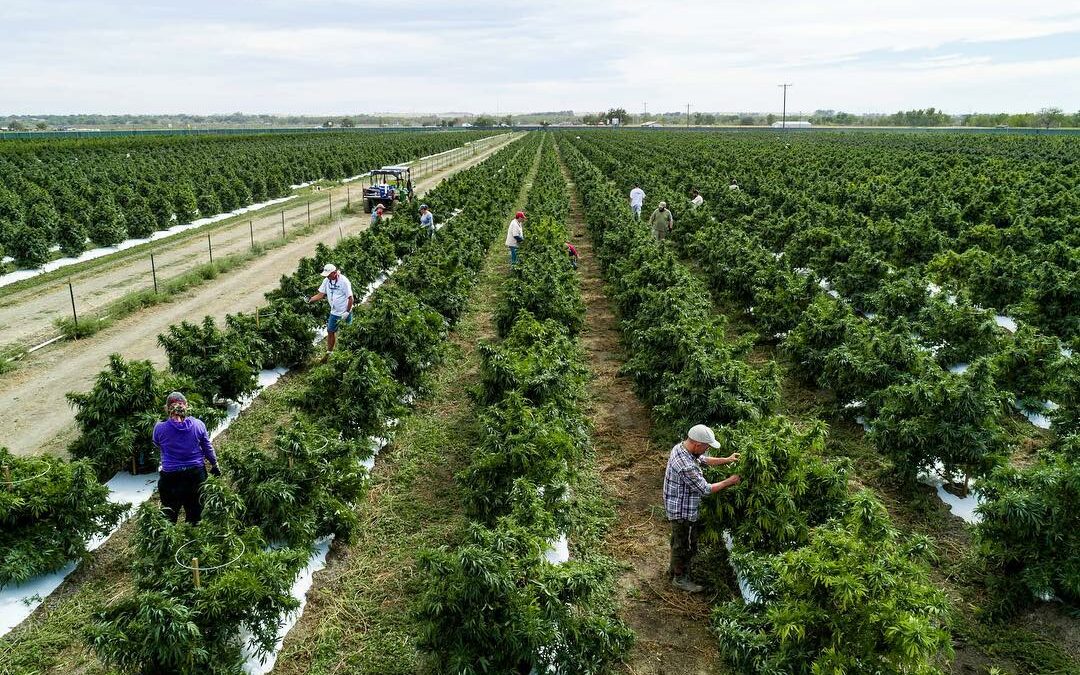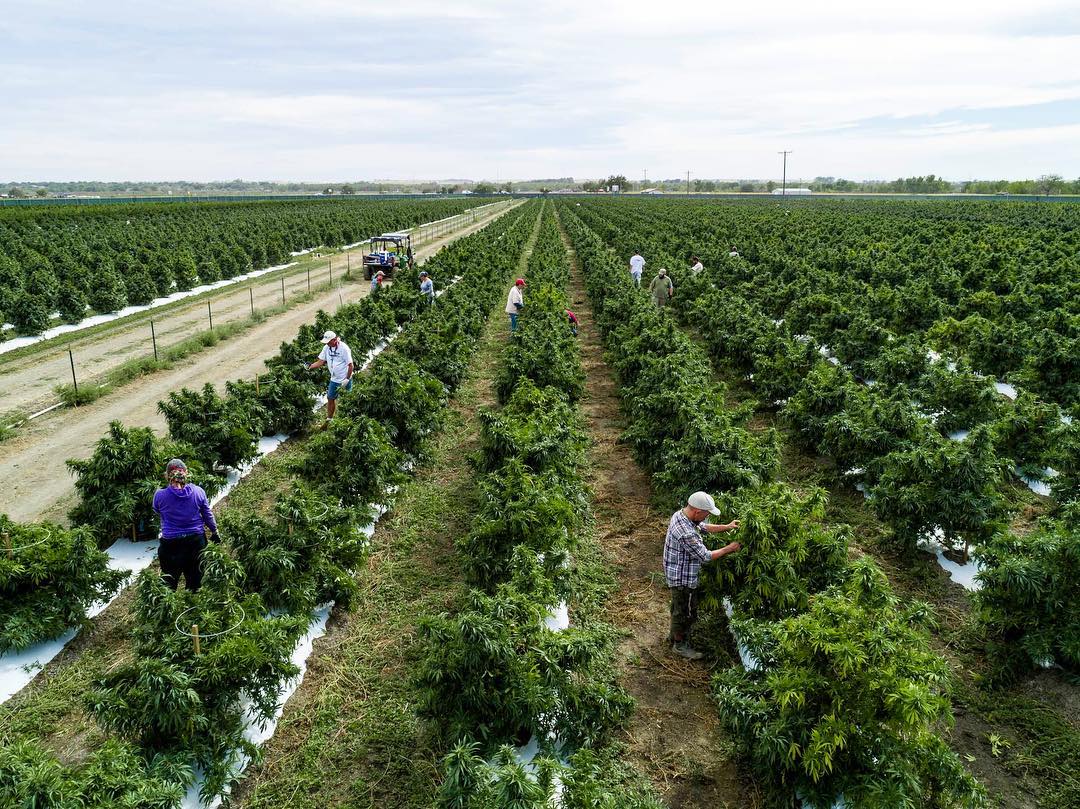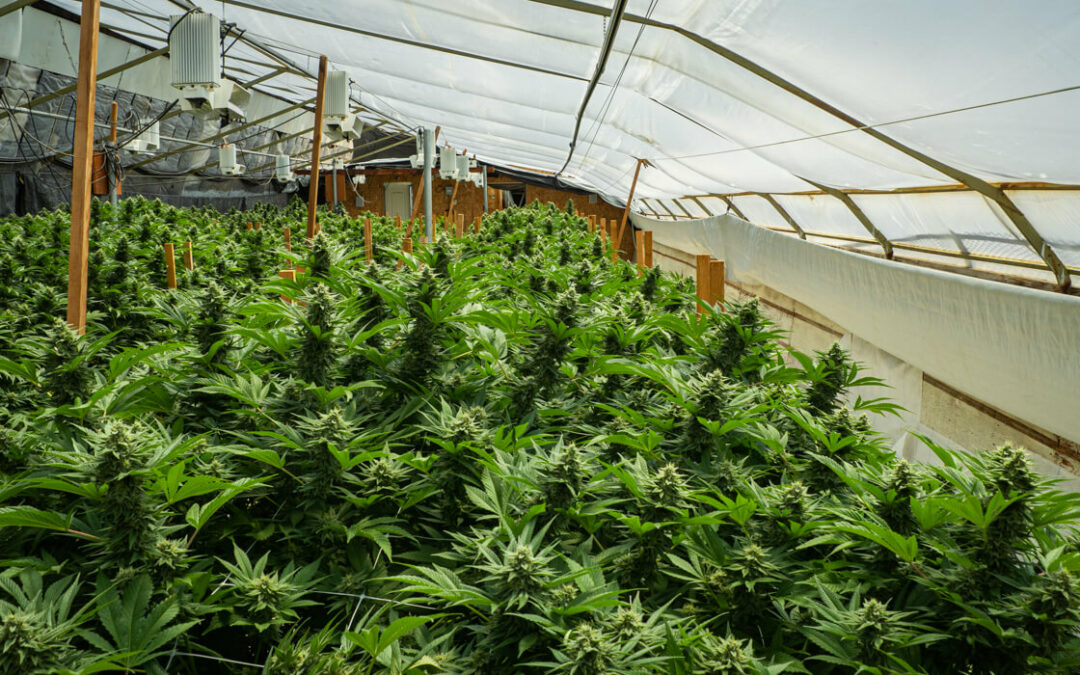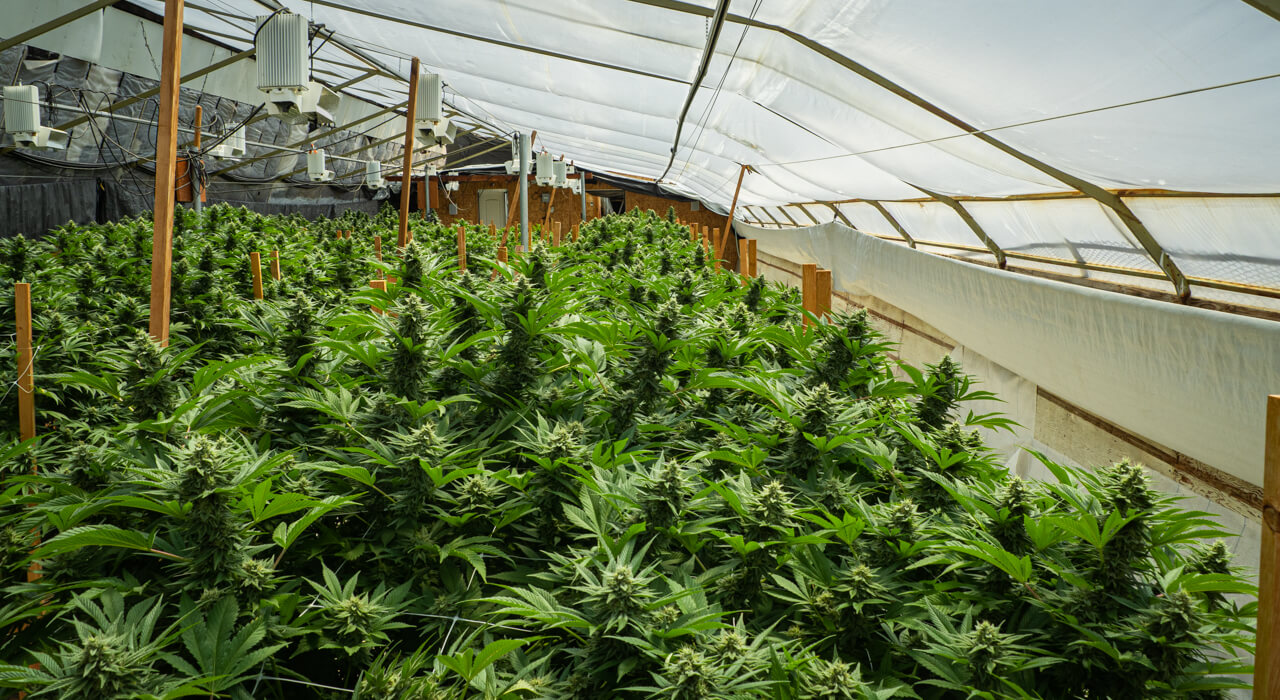
Canopy Growth Pays Nearly $300 Million To Acquire Wana Edibles in the U.S.

Canadian cannabis giant Canopy Growth is (kind of) acquiring Wana Brands, the #1 cannabis edibles brand in North America by market share – per Headset data.
According to information procured exclusively ahead of an official announcement, the deal features a similar structure to the one Canopy struck with Acreage Holdings a couple of years ago. Under the agreement, the Canadian operator will acquire the right to purchase Wana (comprised of Mountain High Products, Wana Wellness and The Cima Group) once THC becomes federally legal in the U.S.
The call option to acquire 100% of the membership interests in each Wana entity is being acquired by Canopy for upfront cash payment of $297.5 million.
When Canopy decides to move forward with the acquisition, it will pay 15% of the fair market value of the entities being acquired. Until the purchase is complete, thought Canopy Growth will have no economic, voting or controlling interest in Wana, which will continue to operate independently.
“Through the agreement with Wana, Canopy is adding another industry leading brand to power our rapid growth across the U.S. Wana has built a successful business using an asset-light licensing model, allowing them to scale across North America,” David Klein, CEO of Canopy Growth, said in an exclusive interview.
Breaking down the key strategic benefits of the acquisition, Klein explained Wana:
- Strengthens Canopy Growth’s U.S. ecosystem.
- Provides exposure to one of the fastest growing segments in both the U.S. and Canadian cannabis markets: edibles.
- Would automatically make Canopy a leader in the edibles category.
- Increases Canopy’s exposure to the U.S. market upon federal legalization.
- Represents an opportunity to acquire a profitable and highly scalable business.














